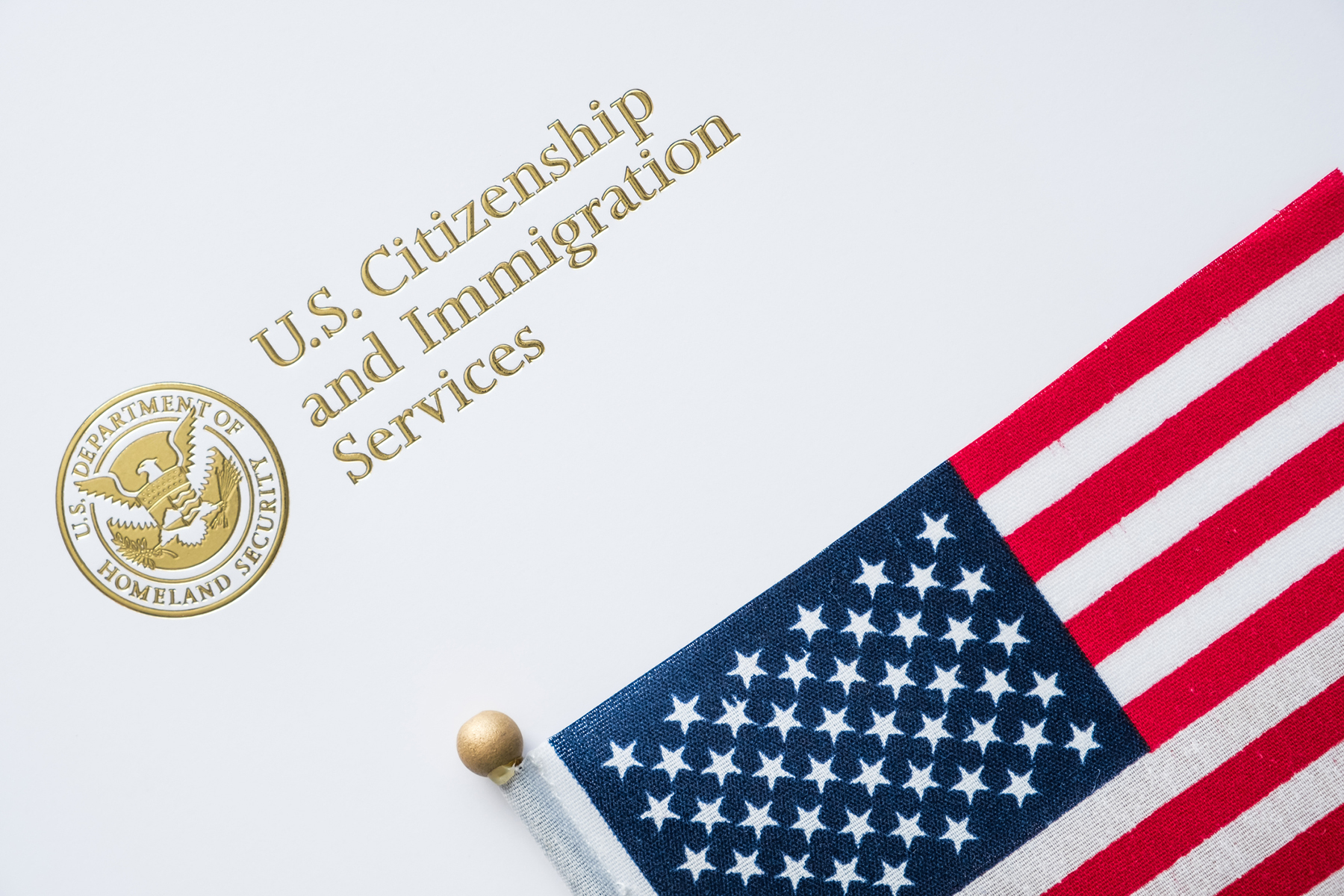DHS Proposes Wage-Based Selection Process for H-1B Cap Petitions
The Department of Homeland Security (DHS) recently proposed a regulation that would change the current H-1B cap randomized selection process to a selection process that is based on the wage offered to the sponsored foreign national employee.
If finalized, the regulation would allow the USCIS to use prevailing wage data from the Occupational Employment Statistics survey to rank and select H-1B registrations based on the wage level of the offered wage for the relevant SOC code and in the area of intended employment. Jobs that offer at or above a Level IV wage, which is the highest prevailing wage level typically reserved for experienced positions, would be selected before jobs offering a wage at a lower level, which are typically entry-level positions. This new process would give preference to higher-paying positions. It is an attempt to incentivize employers to offer higher wages and only try for H-1B visas for highly skilled and highly paid workers
The current electronic registration system, implemented in March 2020, does not require wage data, so changes to the electronic registration process are also expected. Frost Brown Todd’s Immigration Group is monitoring developments surrounding this proposed regulation.
B-1 in Lieu of H-1B / H-3 Proposal
On October 21, 2020 the Department of State (DOS) proposed a regulation to radically change the B-1 nonimmigrant classification. DOS has proposed eliminating the portion of the regulations which defines business. This would eliminate the B-1 in Lieu of H-1B or B-1 in Lieu of H-3 sub-classifications reversing a policy in place since the 1960s. These sub-classes are of substantial importance to multinational companies because they allow foreign nationals employed by a foreign company to enter the U.S. to perform H-1B-type labor or participate in a training program that is unavailable in their home country for a period less than six months.
The DOS cites two reasons for the sudden regulatory change: first, to conform the B-1 regulations, which were developed in 1952, to Immigration acts enacted in 1990, 1991, and 1998; and second, to further the goals of Executive Order 13788, Buy American and Hire American. These provisions have previously withstood interagency scrutiny.
The proposed regulation would mean that DOS would no longer issue B-1 visas for individuals to be admitted in B-1 in Lieu of H-1B and B-1 in Lieu of H-3 sub-classifications. Interested parties may submit comments to the DOS rule on or before December 21, 2020.
I-9s: During COVID
There are three scenarios that employers may face with respect to I-9 verification during the pandemic.
1. Complete Shutdown / All Employees Remote
Employers with no employees at a worksite will not be required to review the employee’s identity and employment authorization documents in the employee’s physical presence. Instead, employers may inspect the Section 2 documents remotely (e.g., over a video link, fax or email). This I-9 compliance flexibility has been extended until December 31, 2020.
The employer still must obtain, inspect, and retain copies of the documents, within three business days for purposes of completing Section 2. Employers using remote verification must retain written documentation of their remote onboarding and telework policy for each employee.
Once an employer resumes normal operations, all employees who were onboarded using remote verification must report within three business days for in-person verification of identity and employment eligibility documentation. Once the documents have been physically inspected, the employer should add “documents physically examined” and “COVID-19” with the date of inspection to the Section 2 additional information field on the Form I-9, or to section 3 as appropriate.
2. Limited Shutdown / Some Employees Present
If there are employees physically present at a work location, remote verification of Section 2 documents is not allowed. Employers must follow the standard rules regarding in-person verification of original documents.
3. Employee with COVID / Subject to Quarantine
If newly hired employees or existing employees are subject to COVID-19 quarantine or lockdown protocols, DHS will evaluate this on a case-by-case basis. Employers should make a note or retain records to reflect the quarantine or lockdown.
South Sudan Temporary Protected Status
DHS announced that it is extending the Temporary Protected Status (TPS) designation for South Sudan until May 2, 2022. To maintain status, current South Sudanese beneficiaries must re-register before January 4, 2021. This announcement also automatically extends the Employment Authorization Document issued pursuant to South Sudan TPS until May 1, 2021.
DOS Update regarding Phased Resumption of Visa Services
On November 12, 2020, DOS provided an update which notes that U.S. Embassies and Consulates continue to phase in the resumption of routine visa services. DOS’s update states that it will not provide a specific date when each mission will resume specific visa services or return to processing pre-pandemic workload levels. However, the geographical and labor market Presidential Proclamations regarding travel restrictions still apply though some exceptions do exist.
Due to the suspension of routine visa services, the DOS has extended the validity of the Machine-Readable Visa fee, which is typically valid within one year of payment, until December 31, 2021. This should allow applicants who paid the fee but were unable to schedule or attend their appointment to schedule and/or attend a visa appointment using the fee that was previously paid. Individuals who need to travel urgently may qualify for an emergency visa appointment.

